Burke's Law Terror in a Tiny Town: Part 1 (1963–1966) Online
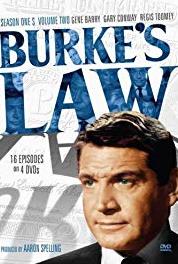
- Original Title :
- Terror in a Tiny Town: Part 1
- Genre :
- TV Episode / Action / Adventure / Crime / Drama
- Year :
- 1963–1966
- Directror :
- Murray Golden
- Cast :
- Gene Barry,Robert Middleton,Kevin McCarthy
- Writer :
- Marc Brandel,Frank D. Gilroy
- Type :
- TV Episode
- Time :
- 1h
- Rating :
- 7.5/10
When Burke investigates the strange death of an atomic plant security officer, he finds a town in which the residents respond in robotic way with fear and hatred of strangers.
| Episode cast overview: | |||
| Gene Barry | - | Capt. Amos Burke | |
| Robert Middleton | - | Jed Hawkes | |
| Kevin McCarthy | - | Bill Adams | |
| Lynn Loring | - | Ann Rogers / Anna Rodriguez | |
| Skip Homeier | - | Paul Lynnaker | |
| Joan Huntington | - | Joan Lynnaker | |
| Patricia Owens | - | Sharon O'Brien | |
| John Qualen | - | Richard Prince | |
| Monica Keating | - | Ruth | |
| Don Haggerty | - | Policeman | |
| Harry Basch | - | O'Brien | |
| Troy Melton | - | Taylor | |
| James Edwards | - | Norton | |
| Carl Benton Reid | - | The Man |
Robert Middleton and Kevin McCarthy receive 'Guest Stars' credits.
Closing credits: The events, characters and firms depicted in this photoplay are fictitious. Any similarity to actual persons, living or dead, or to actual firms, is purely coincidental.
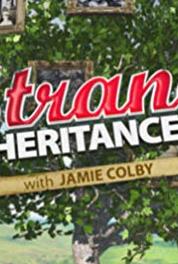

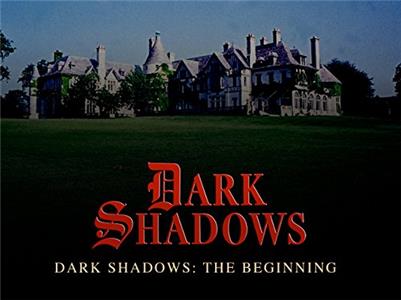
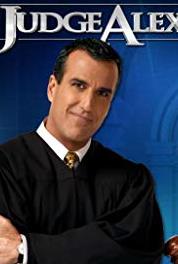
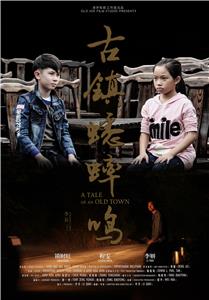




User reviews